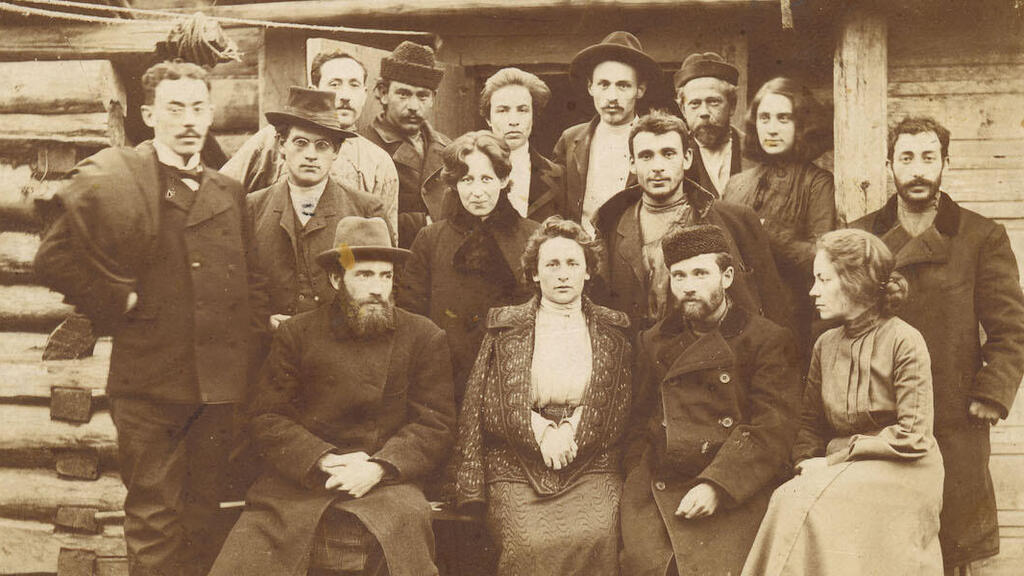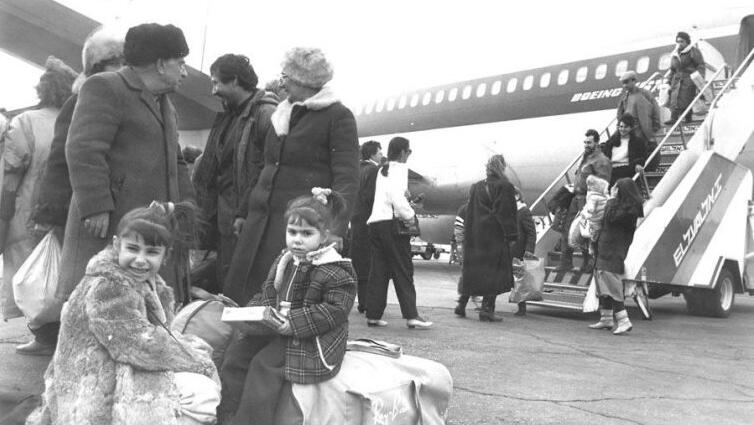Getting your Trinity Audio player ready...
YIVO has launched an eight-year project to digitize its Jewish Labor and Political Archives, widening access to some 3.5 million pages related to Jewish revolutionary, socialist and labor movements in Europe and America.
The project, the largest archival digitization project in the history of the Jewish research institute, will shine a light on the Jewish Labor Bund, whose archives survived the Nazis and form the core of the collection.
Founded in Vilna in 1897 by Jews influenced by Marxism, the Bund played a central role in organizing Jewish trade unions and aligned with various socialist parties in pre-World War II Europe. It administered a massive network of secular Yiddish schools, stood up against antisemitism and supported an underground network against the Nazi genocide — activities kept up by members who managed to flee to New York in the early 1940s.
That history is reflected in the journey of the archives’ materials, which were seized by the Nazis but were later rediscovered in France after the German army’s retreat. In 1951, the Bund Archives was brought to New York, and transferred to YIVO in 1992.
“In addition to providing fascinating material about Jewish political activity in pre-Revolutionary Russia and interwar Europe, these collections reveal the impact of an important aspect of the Jewish immigrant community on American politics and social life and deepen our understanding of the American Jewish experience,” said Jonathan Brent, CEO and executive director at YIVO, in a statement.
Although the Bund was never able to regain its influence after the Holocaust, it has been fondly recalled in recent years by Jewish leftists captivated by its politics. In 2017, the City University of New York historian Daniel Katz argued that Vermont Sen. Bernie Sanders’ presidential candidacy drew on the “peculiar philosophy of Yiddish Socialism, or Yiddishism” that the Bund represented.



